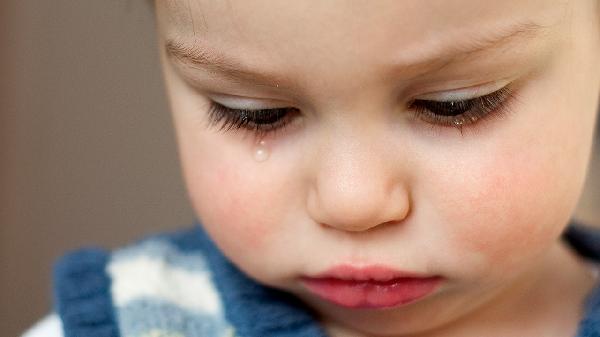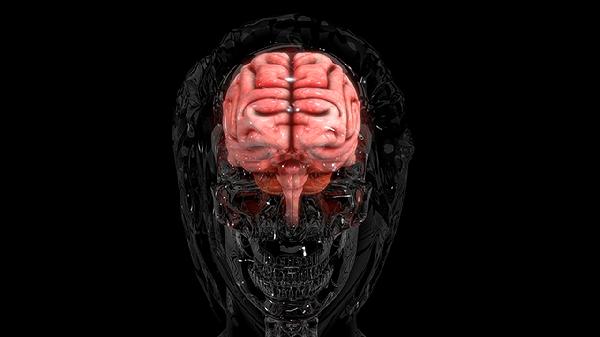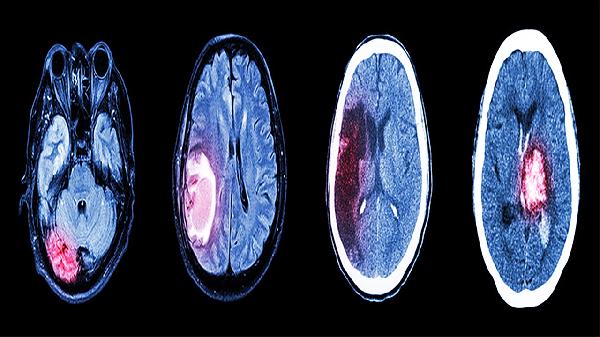Families often habitually believe that crying is something only children do, and it's merely a label for children. It's like saying if someone mentions that a young person cried after facing difficulties, many people's inner monologue might be, "How old are they? Still choosing to cry? Crying is the most useless thing; it only represents weakness and incompetence." But is this really the case? This is a question worth pondering deeply.

After much research, scientists have confirmed that crying plays an important role. Choosing to have a good cry after experiencing unhappiness or even misfortune can alleviate that extremely low mood, gradually improving one's state of mind. This allows for a more rational and better state to solve difficulties, potentially handling them more effectively. So, don't rigidly adhere to the saying, "A man does not shed tears lightly." Of course, besides providing relief during low moods, crying has many other benefits. Next, let's talk about the roles of crying and the benefits it can bring.
Firstly, crying is connected to everyone's psychology. Appropriate crying is very beneficial for daily mental health. Because of this, many psychologists, after diagnosing or understanding a patient's situation, often suggest that they go and cry alone. Crying does not necessarily represent vulnerability; sometimes, it's a manifestation of justice and sufficient strength. However, it's best to cry softly, as wailing can harm the throat and doesn't provide as much benefit as the former. The purpose of crying is to let go of those unhappy, painful things, so while crying, one should imagine these things flowing away with the tears.
Secondly, everyone who cries has their own reasons for doing so, while some people don't cry. In many TV dramas, there are scenes where the protagonist is in great pain but just can't cry. This could be due to strong self-suppression or emotional disorders. In such cases, it's necessary to seek professional medical help because prolonged suppression can lead to schizophrenia. Why is this? Because the negative emotions accumulated over time haven't been properly released. The secretion of tears accelerates the metabolism of related cells, preventing serious illnesses.
Furthermore, crying is also related to the lungs. Crying can increase lung capacity because breathing becomes uneven during crying, alternating between short and long breaths. This not only improves lung capacity but also has therapeutic effects on respiratory diseases like asthma and bronchitis. Additionally, tears can clean the eyes and kill some bacteria. Tears contain special enzymes that can sterilize and prevent eye diseases like trachoma. Lastly, crying can also expel toxins from the body. Many people know that the skin can eliminate toxins and waste, but they might not be aware that tears can do the same. Sometimes, tears can also promote the secretion of hormones.
























